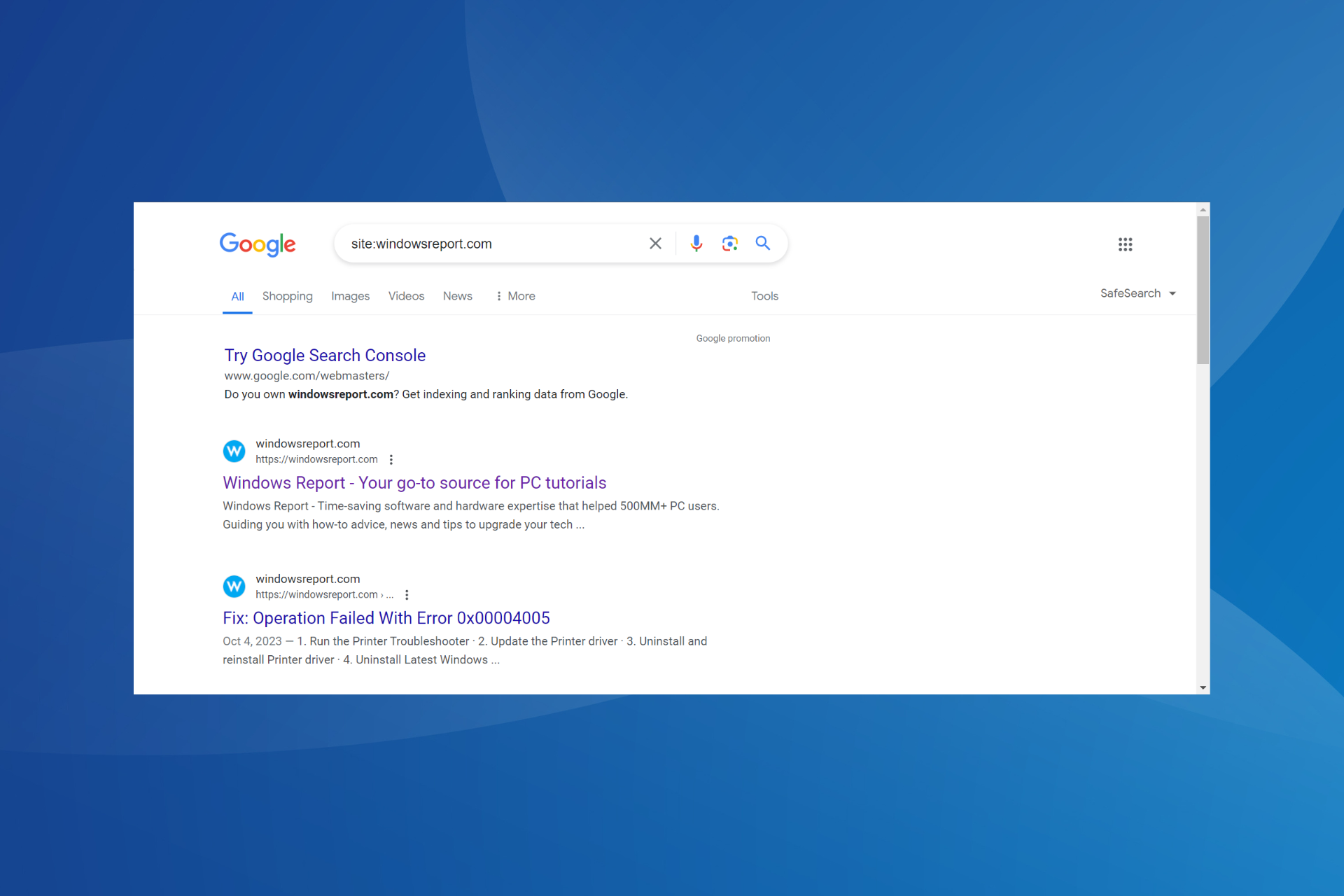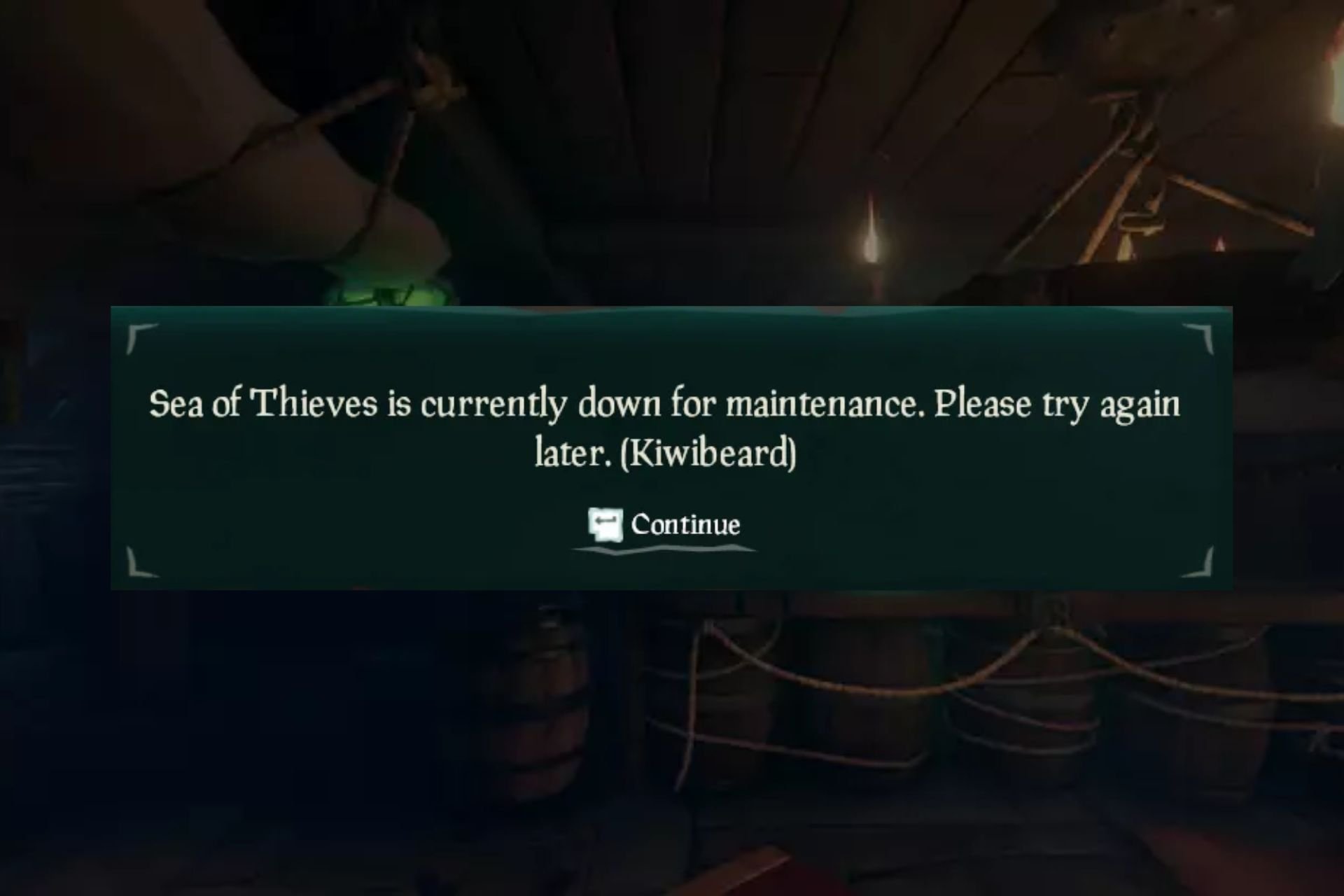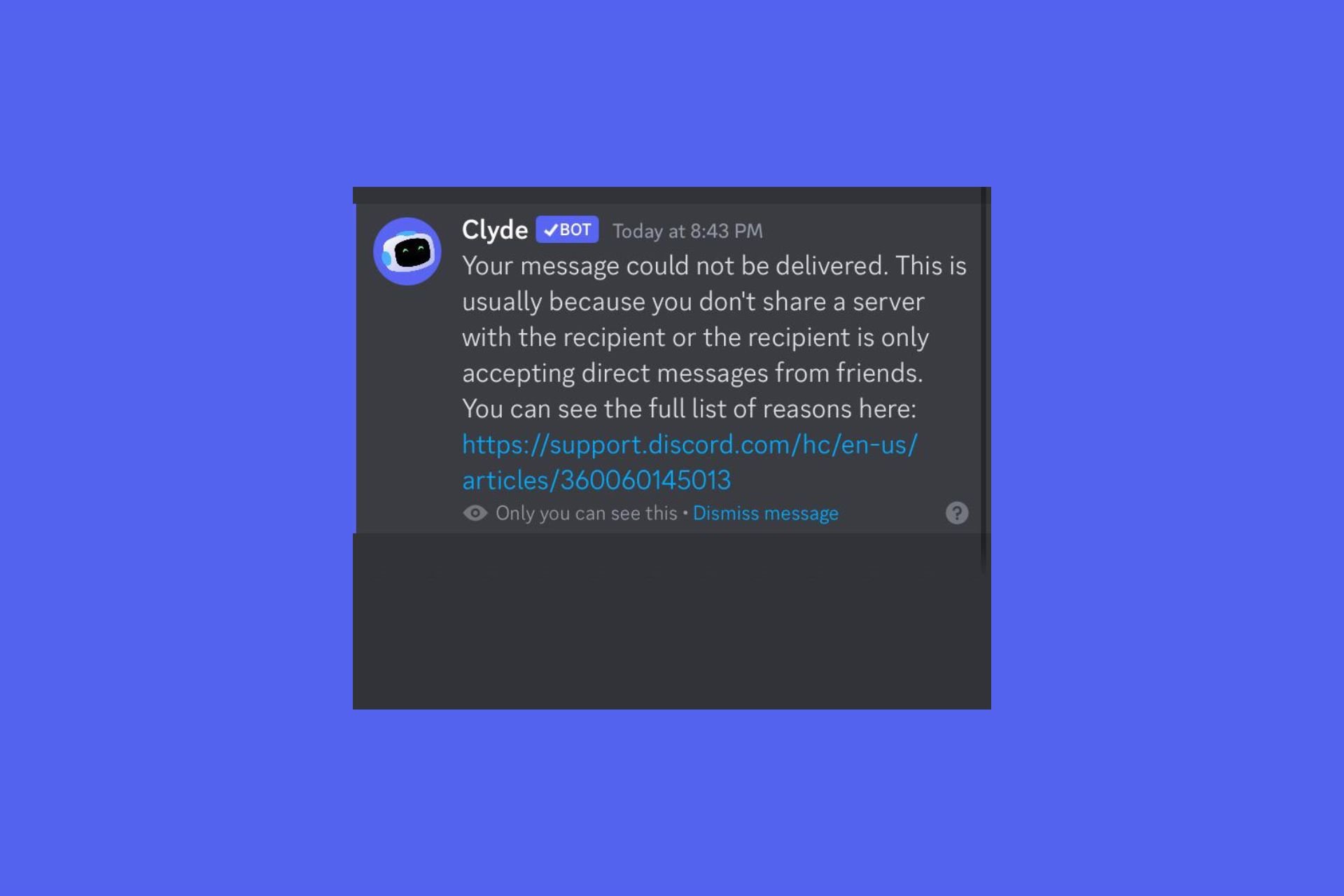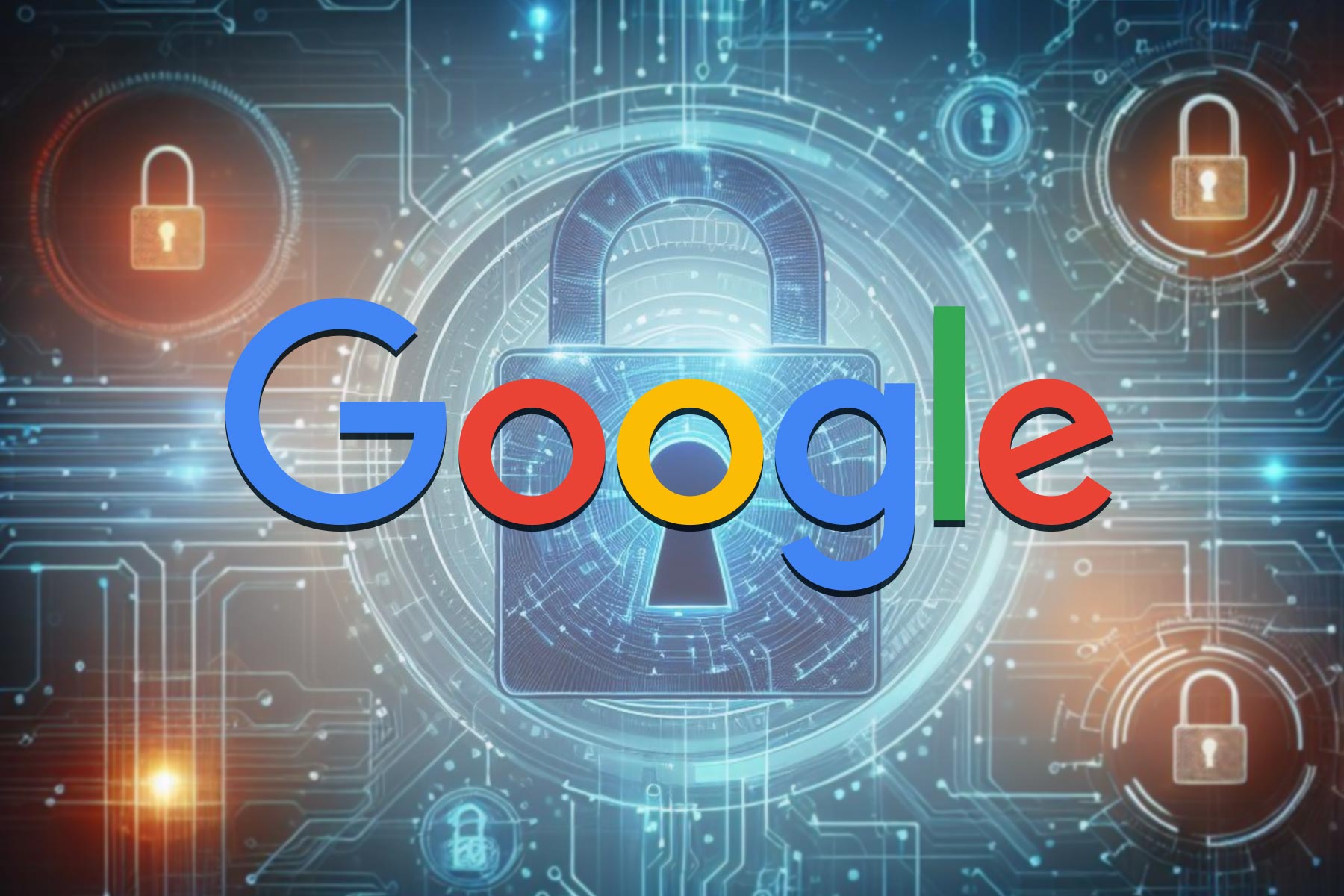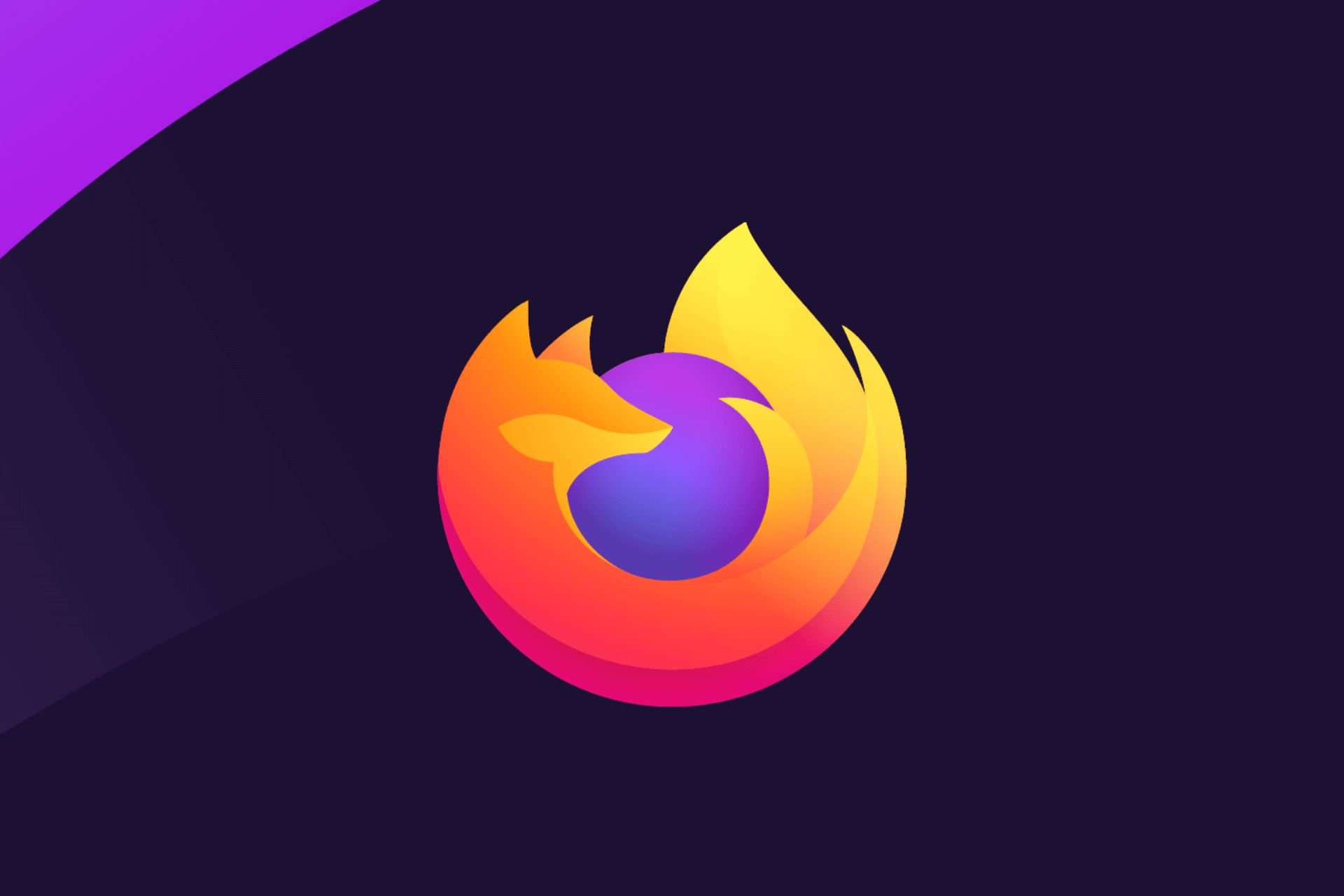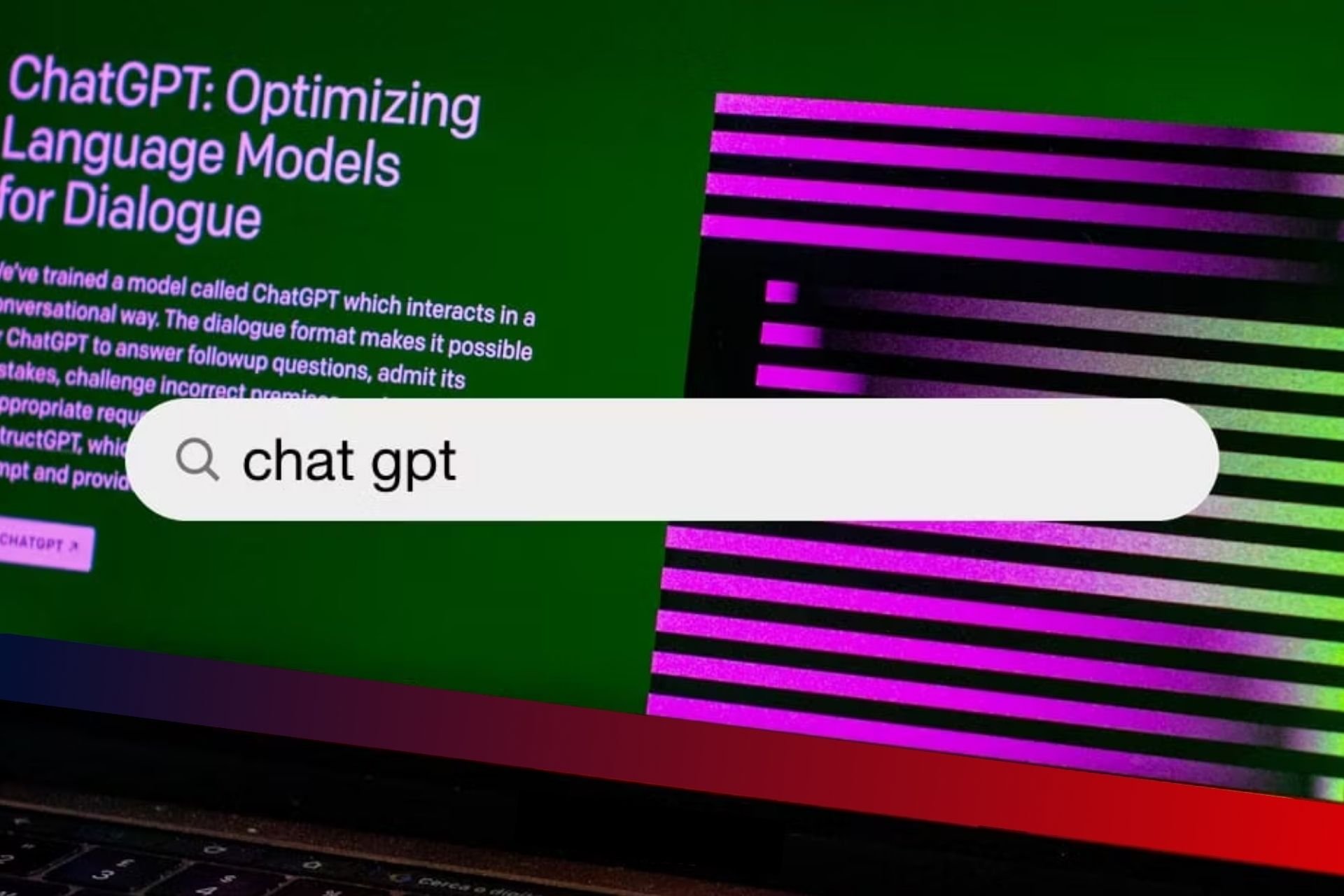Google loses antitrust case against Epic Games
3 min. read
Published on
Read our disclosure page to find out how can you help Windows Report sustain the editorial team Read more
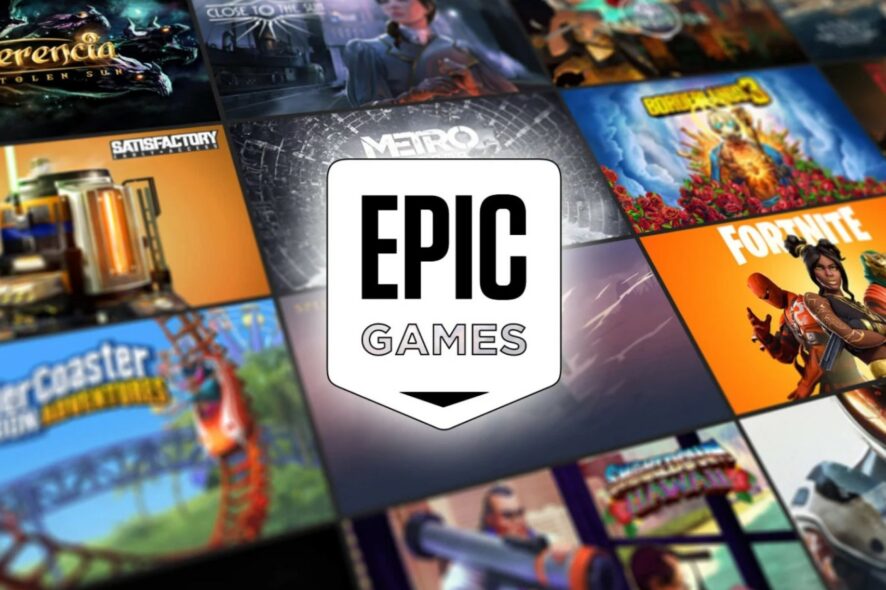
After three years of legal battles, Epic Games has procured a victory against Google in its antitrust case against Google. The jury in the case has come to a verdict, and has decided that Google has an illegal monopoly relative to its Google Play Store, and engaged in anticompetitive practices concerning the Android app distribution market and Android in-app billing services.
More specifically, the jury found that Epic Games proved “by a preponderance of evidence” that A) there was in existence a relevant antitrust market; B) “that Google willfully acquired or maintained monopoly power by engaging in anticompetitive conduct;” and C) that Epic Games “was injured as a result of Google’s violation of the antitrust laws” (in accordance with the Sherman Act Section 2).
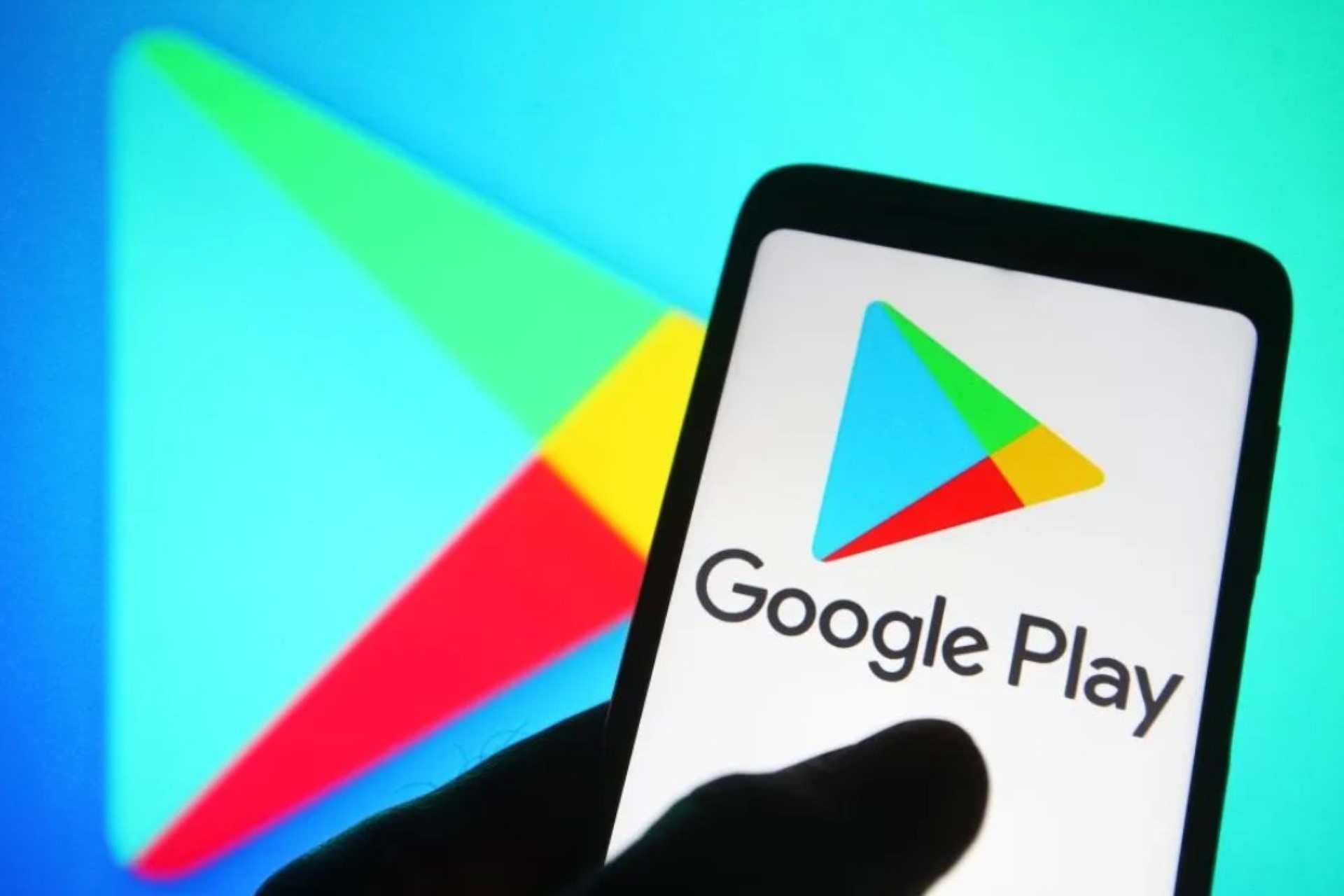
A more detailed list of the jury’s findings can be seen here in the jury verdict form.
Google affairs and public policy VP Wilson White said the company plans to appeal the verdict.
Epic Games’ released their own statement calling the verdict a win for developers and consumers alike.
Today’s verdict is a win for all app developers and consumers around the world. It proves that Google’s app store practices are illegal and they abuse their monopoly to extract exorbitant fees, stifle competition and reduce innovation.”
For those who haven’t been following the case, Epic’s suit against Google began in 2020 with the former alleging that Google was in violation of antitrust laws by forcing app users to make payments through its own billing system (and thereby charging developers a fee of up to 30%) instead of allowing devs to redirect users to their own stores/billing platforms. As with Epic Games’ Fortnite, which was banned from the Google Play Store (as well as similarly being banned from Apple’s App Store) when it did just that.
Unlike Epic’s fight against Apple over its App Store policies, Epic vs. Google involved secret deals in which certain entities like Netlflix and Spotify were offered “sweetheart deals” by Google in which they could bypass Google’s developer fees or even circumvent Play Billing.
The jury came to its decision after just a couple hours of deliberation. At this point it isn’t certain what exactly Epic Games will gain from its court victory going forward. It will be up to the judge in the case, Judge James Donato, to decide whatever remedies are in order. Each party will meet with Donato in January to discuss potential remedies.

